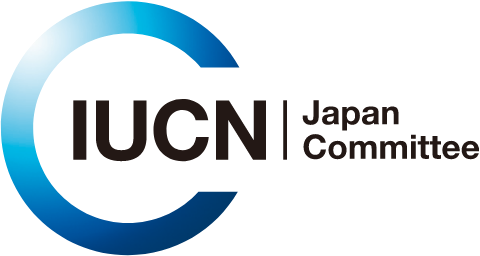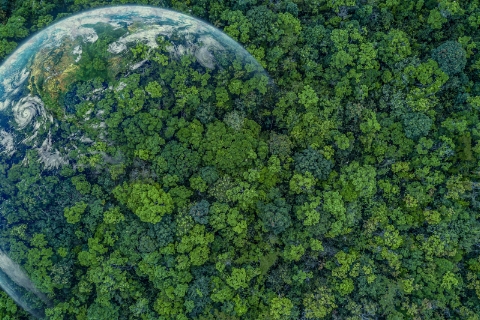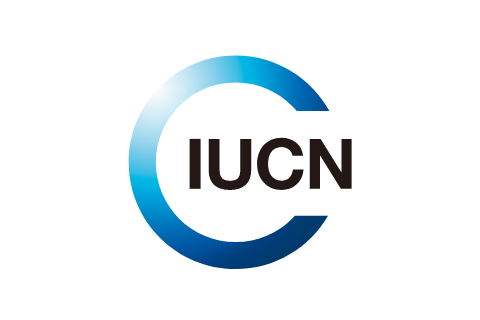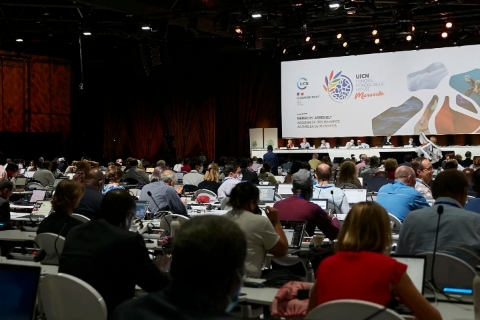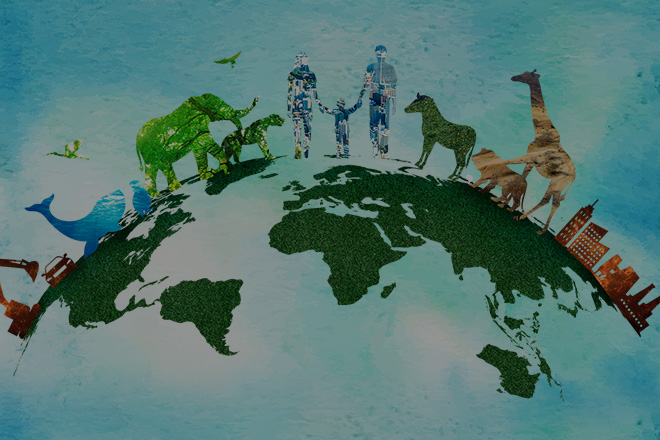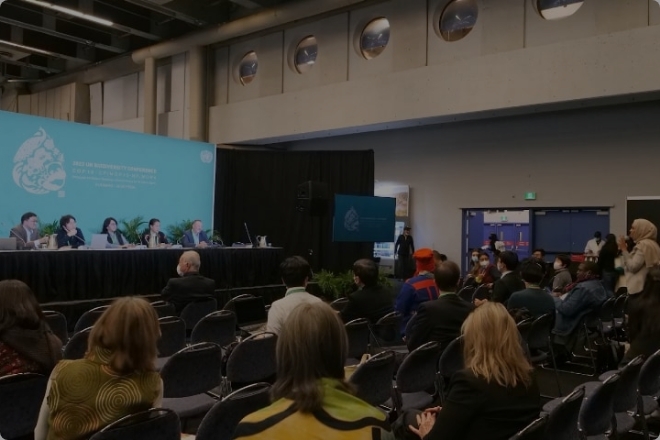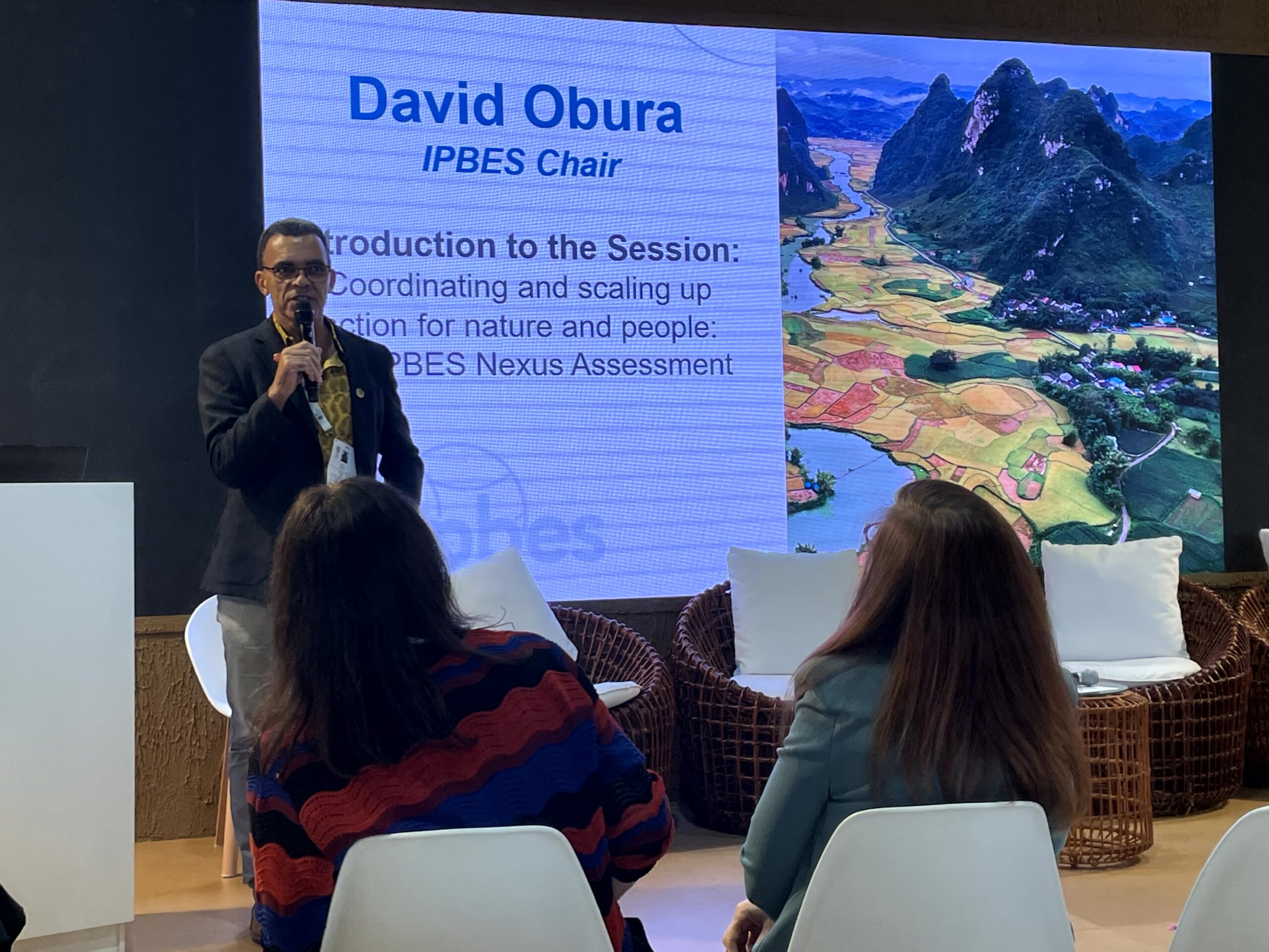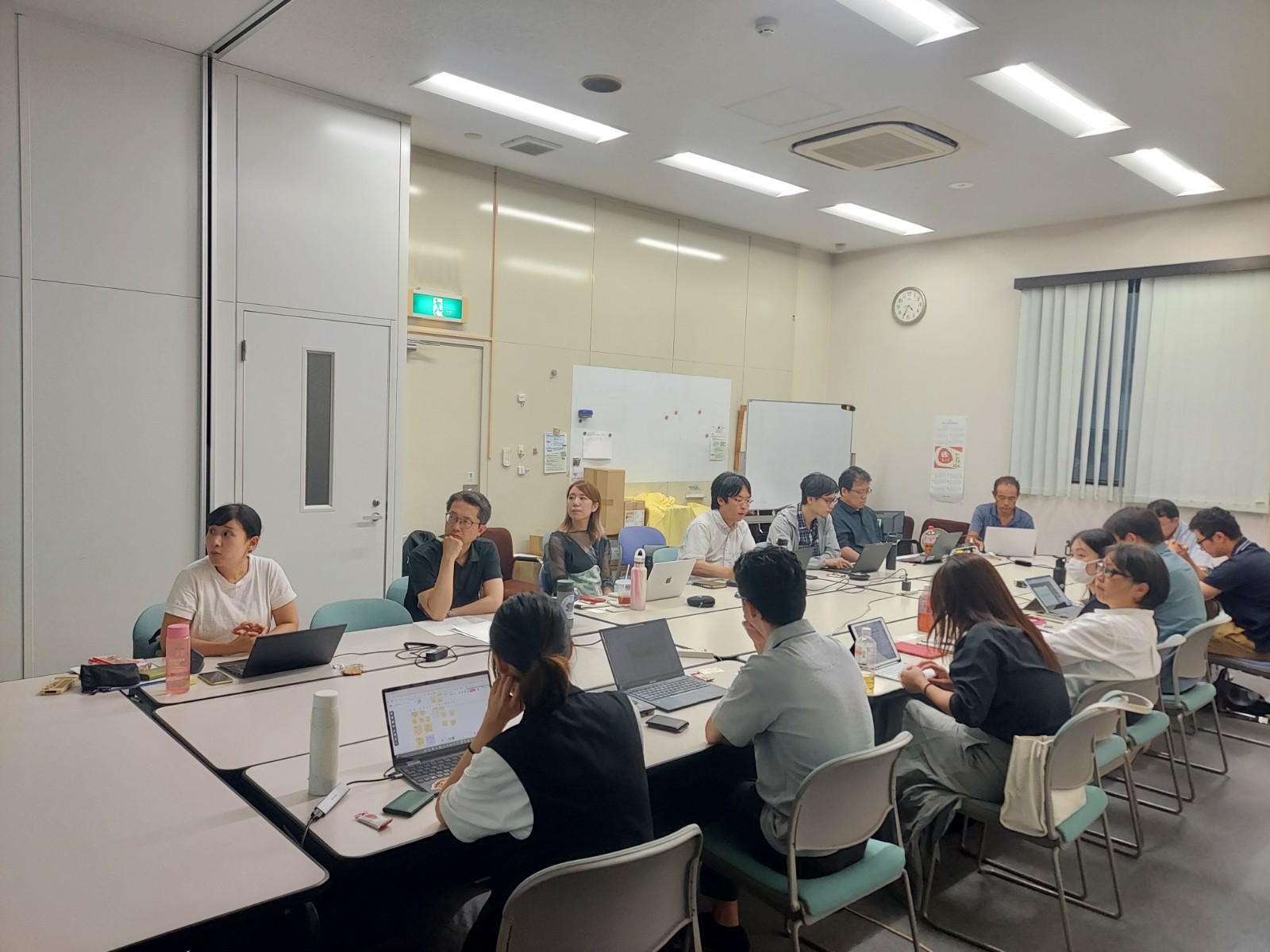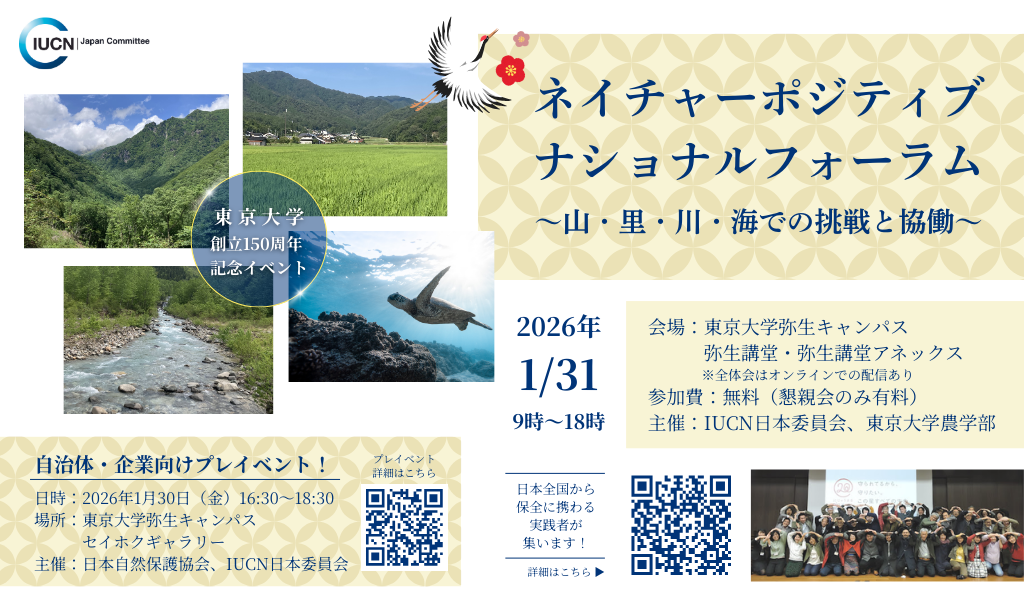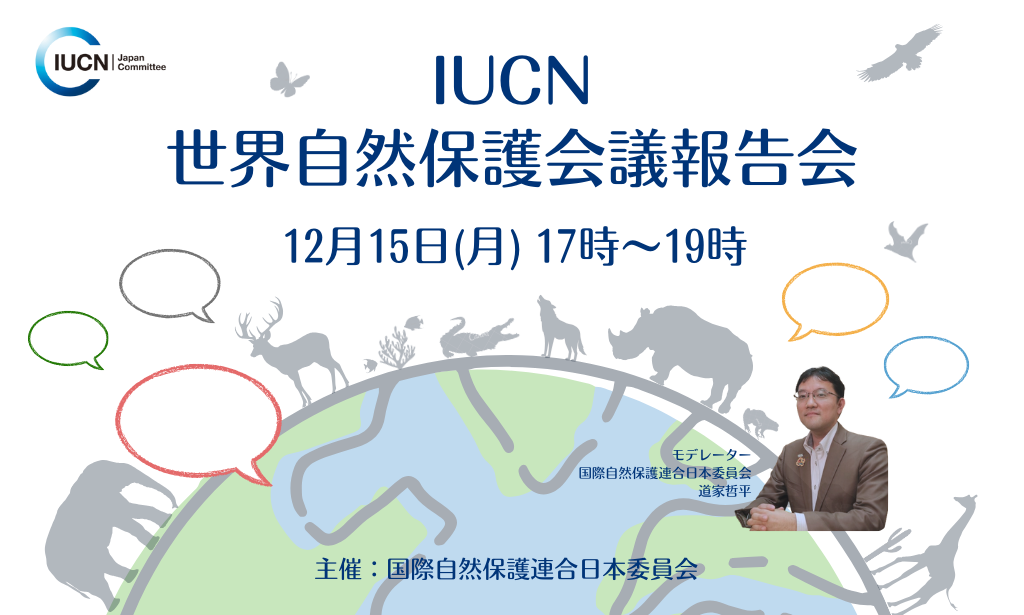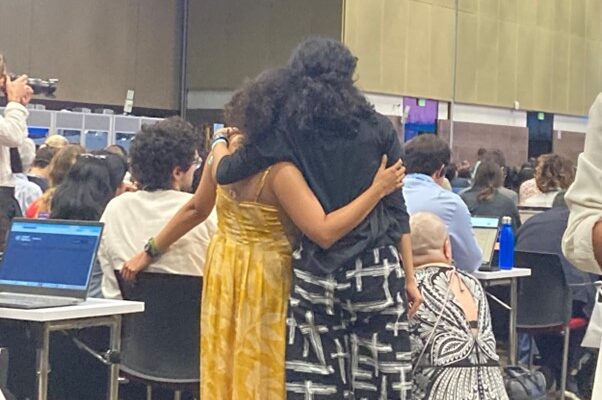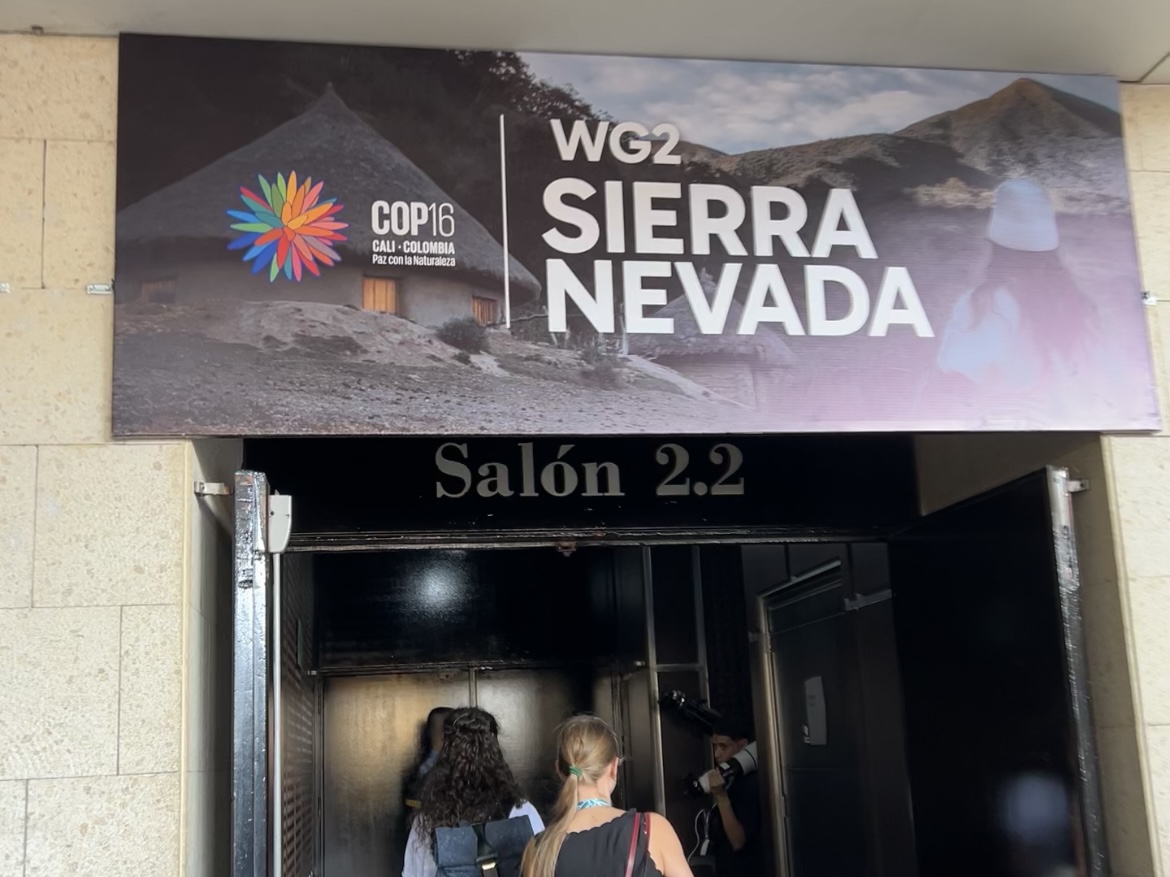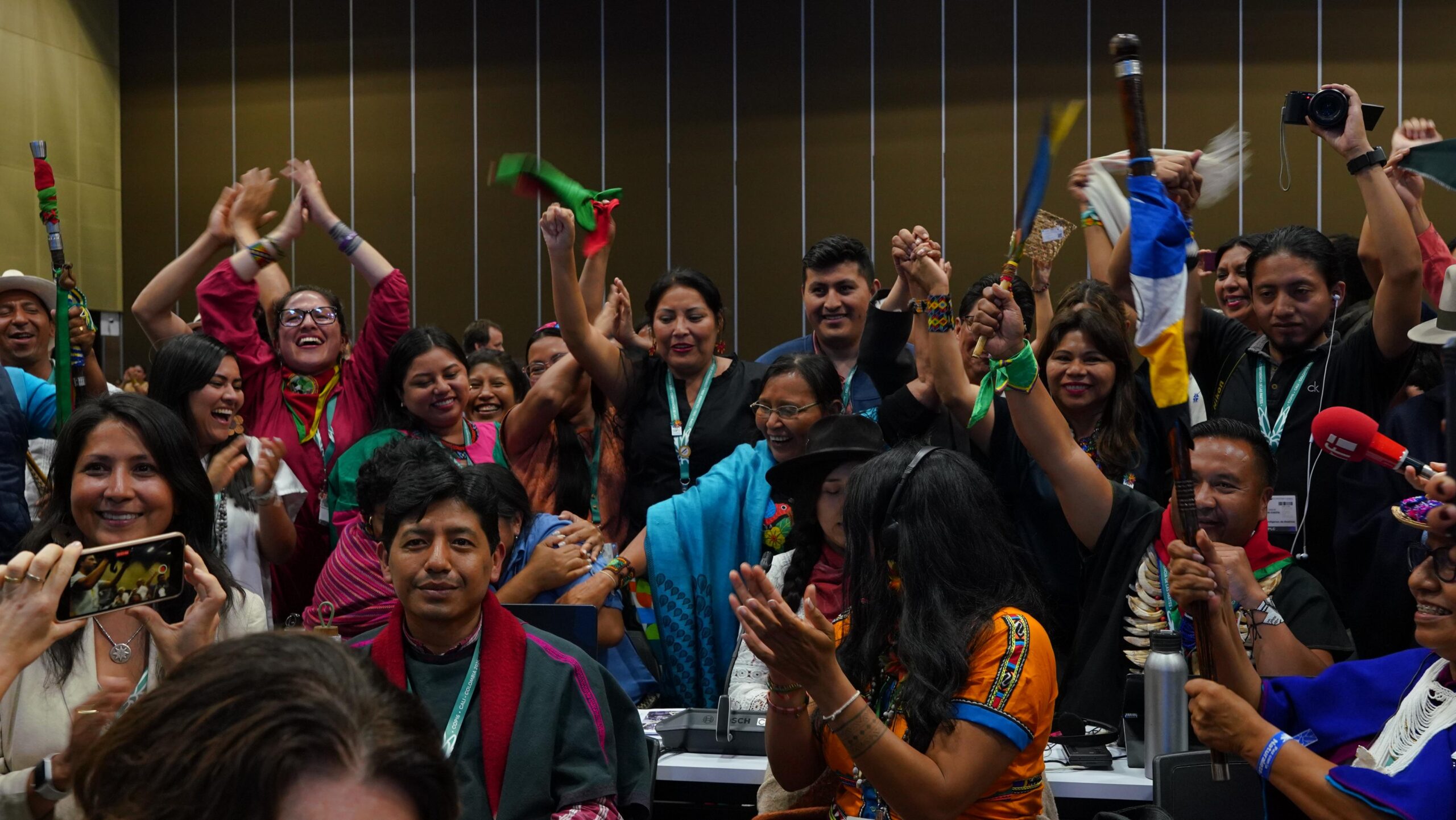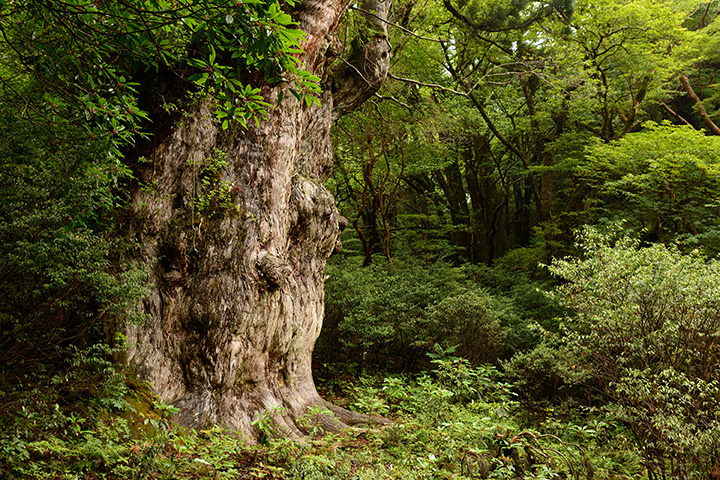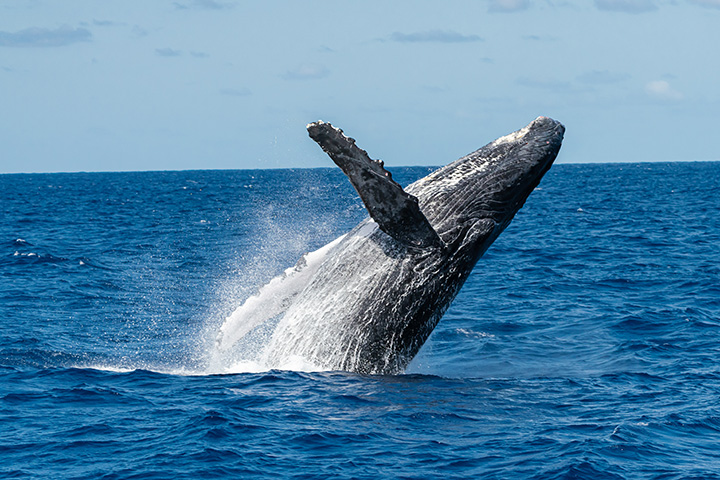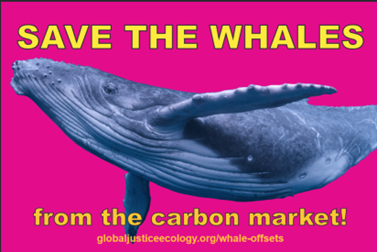
オフセットとクレジットは、気候変動の文脈で長い間耳にしている言葉であり、生物多様性の喪失に関しても多くの注目を集めています。生物多様性オフセットは、人間の活動による生物多様性の喪失を補償するために設計されたメカニズムです。生物多様性クレジットは、企業や開発者が自らの生物多様性への影響を相殺する権利を売買できる市場ベースの手段です。
(出典:https://iucn.org/resources/issues-brief/biodiversity-offsets)
KMGBFの目標19では、生物多様性オフセットとクレジットについて具体的に言及されています。(出典:https://www.cbd.int/gbf/targets/19)
市民社会では、オフセットはしばしば生物多様性に対する市場ベースでアプローチの可能な解決策として語られました。コロンビアのCOPにおいて、IPLCグループや生物多様性オフセットに強く反対するいくつかのNGOと交流する機会がありました。彼らは生物多様性オフセットを「生物多様性の破壊を永続させる企業の社会的ライセンス」と定義しています。これらのNGOやIPLCグループには、Friends of Earth International(出典:https://foe.org/resources/fools-paradise-biodiversity/)、Third World Network(出典:https://www.twn.my/title2/briefing_papers/twn/Biodiversity%20offsets%20TWNBP%20Mar%202024%20Rojas.pdf)、Indigenous Environmental Network(出典:https://www.ienearth.org/nature-based-solutions/)などがあります。
生物多様性オフセットの基本的な考え方で、自然生息地の破壊が許されるのは、その影響が他の場所の同等の「自然」で補償される限りにおいてです。上記の組織やIPLCグループは、この考え方全体が誤りであり、実際には生態系を異なる場所で同様の量で真に再現することはできないため、抜け穴があると主張しています。また、生物多様性オフセットとクレジットは、しばしばグリーンウォッシングのツールとして利用されることもあります。
私がCOP16で参加したサイドイベント「Biodiversity Offsets and Credits : examining risks and challenges」では、Third World Network, GYBN, Friends of Earth, Global Forest Coalition が主催し、生物多様性オフセットとクレジットに関するパネルディスカッションが行われました。パネリストたちは、過去に炭素市場が環境の整合性に関する深刻な問題を多く抱えていたと指摘し、同様の問題が生物多様性市場でも発生することが懸念されると述べました。むしろ、生物多様性オフセットは、炭素と比較して測定がはるかに複雑であるため、さらに難しいかもしれません。オフセットとクレジットに代わる提案として、現場での保全と復元への直接投資や、中間業者なしで資金にアクセスする能力が挙げられました。さらに、市場ベースでないアプローチがこの問題に対する真の解決策であり、単なる代替策ではないとされました。
現在、279の市民社会組織と学術機関が、生物多様性オフセットとクレジットの危険性について警告する声明に署名しています。(出典:https://www.biodmarketwatch.info)CBDアライアンスは、他のNGOとともに、CBDの事務局長アストリッド・ショーメーカー氏に対してこれらの懸念に関する公開書簡を出しています。(出典:https://cbd-alliance.org/en/2024/open-letter-mainstreaming)
個人的には、議論の両側を見ることが非常に重要だと考えています。現在の世界の状況を考えると、市場アプローチは生物多様性の喪失といった問題に大企業からの関心を集めるための最も迅速で簡単な方法であることは事実です。しかし、最終的には生物多様性の喪失という根本的な問題を解決するものではありません。そして、COP16でIPLCの意見を聞いた結果、この問題を解決するのではなく、グリーンウォッシングのような新たな問題を引き起こす可能性があることは非常に説得力があります。オフセットやクレジットの議論が進行している中で、私たちは根本的な問題は何か、オフセットとクレジットが実際にこれらの問題を解決しているのかを自問する必要があると思います。
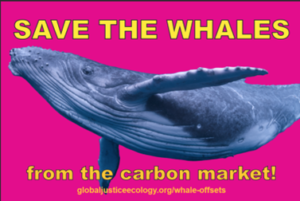
クジラのオフセット市場創設に抗議するCOP16会場で配布されたいた’鯨類を守れ!’のフライヤーとパンフレット

画像: 先住民環境ネットワーク(NGO)のCOP16ブースより
IUCN日本委員会 Advocacy Coordinator
サルマ ラギニ
—————————————————————————————————————————————————————-
Biodiversity Offsets and Credits: Are these true solutions?
Offsets and credits are words we have been hearing for a long time in the context of climate change, and it has been gaining a lot of traction in the context of biodiversity loss as well.
Biodiversity offsets are mechanisms designed to compensate for the loss of biodiversity from human activities. Biodiversity credits are market-based instruments that allow companies or developers to buy and sell rights to offset their biodiversity impacts. (Source: https://iucn.org/resources/issues-brief/biodiversity-offsets)
In the KMGBF, Target 19 specifically talks about biodiversity offsets and credits. (Source: https://www.cbd.int/gbf/targets/19)
While in the Civil Society Organization environment, offsets were often talked about as a possible solution for the market-based approach to biodiversity. However, in this COP in Columbia, I had the opportunity to interact with IPLC groups and some NGOs working who greatly opposed biodiversity offsetting. They have defined
Biodiversity offsetting as ‘a corporate social license to perpetuate biodiversity destruction’. Some such NGO’s and IPLC groups were Friends of Earth International (Source: https://foe.org/resources/fools-paradise-biodiversity/), Third World Network (https://www.twn.my/title2/briefing_papers/twn/Biodiversity%20offsets%20TWNBP%20Mar%202024%20Rojas.pdf), Indigenous Environmental Network (Source: https://www.ienearth.org/nature-based-solutions/), etc.
The basic idea behind biodiversity offsets is that it is okay to Destry a natural habitat as long as this impact can be compensated elsewhere with a similar amount of ‘nature’. These above-mentioned organizations and IPLC groups argue that this entire idea is faulty and has loopholes because in practice, ecosystems cannot be truly replicated in a similar amount in a different area. Also, biodiversity offsets and credits may often be used as tools for greenwashing.
A side event that I had attended at COP16, titled: Biodiversity Offsets and Credits: examining risks and challenges, hosted by TWN, GYBN, FOE and GFC, also has panel discussions over the issue of Biodiversity offsets and credits. The panelists discussed that in the past, carbon markets have displayed a huge amount go serious problems regarding environmental integrity. They said that such issues ought to happen again in the case of biodiversity markets.
Rather, biodiversity offsetting may be even more difficult because it is much more complicated to measure, compared to carbon. The proposed alternatives to offsets and credits were direct investment in conversation and restoration on the ground, as well as the ability to access funds without intermediaries. Additionally, non-market-based approaches were said to be the true solution to this issue, and not just an alternative.
As of now, 279 Civil Society Organizations and Academies have signed a statement which warns about the dangers of biodiversity offsetting and crediting.
Source: https://www.biodmarketwatch.info.
CBD Alliance alongside other NGOs have also written an Open Letter to the Executive Secretary of CBD, Astrid Schomaker, regarding these concerns. (Source:https://cbd-alliance.org/en/2024/open-letter-mainstreaming).
Personally, for me, seeing both sides of the argument are very important. It is true that with the current state of the world, market approaches are the quickest and easiest ways to garner attention towards an issue such as biodiversity loss, especially from large corporations. However, at the end of the day, it does not fundamentally solve the problem of biodiversity loss. And after listening to IPLCs at COP16 regarding this issue, it is quite convincing that instead of solving the problem, it may give rise to new problems, such as greenwashing. While conversations of offsets and credits are already underway, I think we must ask ourselves what the fundamental issue is and are offsets and credits solving these issues.

‘Save the Whales’ flyers and pamphlets passed around the COP16 venue to protest creating a market for offsets of whales

Image: From the COP16 booth of Indigenous Environmental Network (NGO)
IUCN Japan Committee Advocacy Coordinator
Sarmah Ragini
